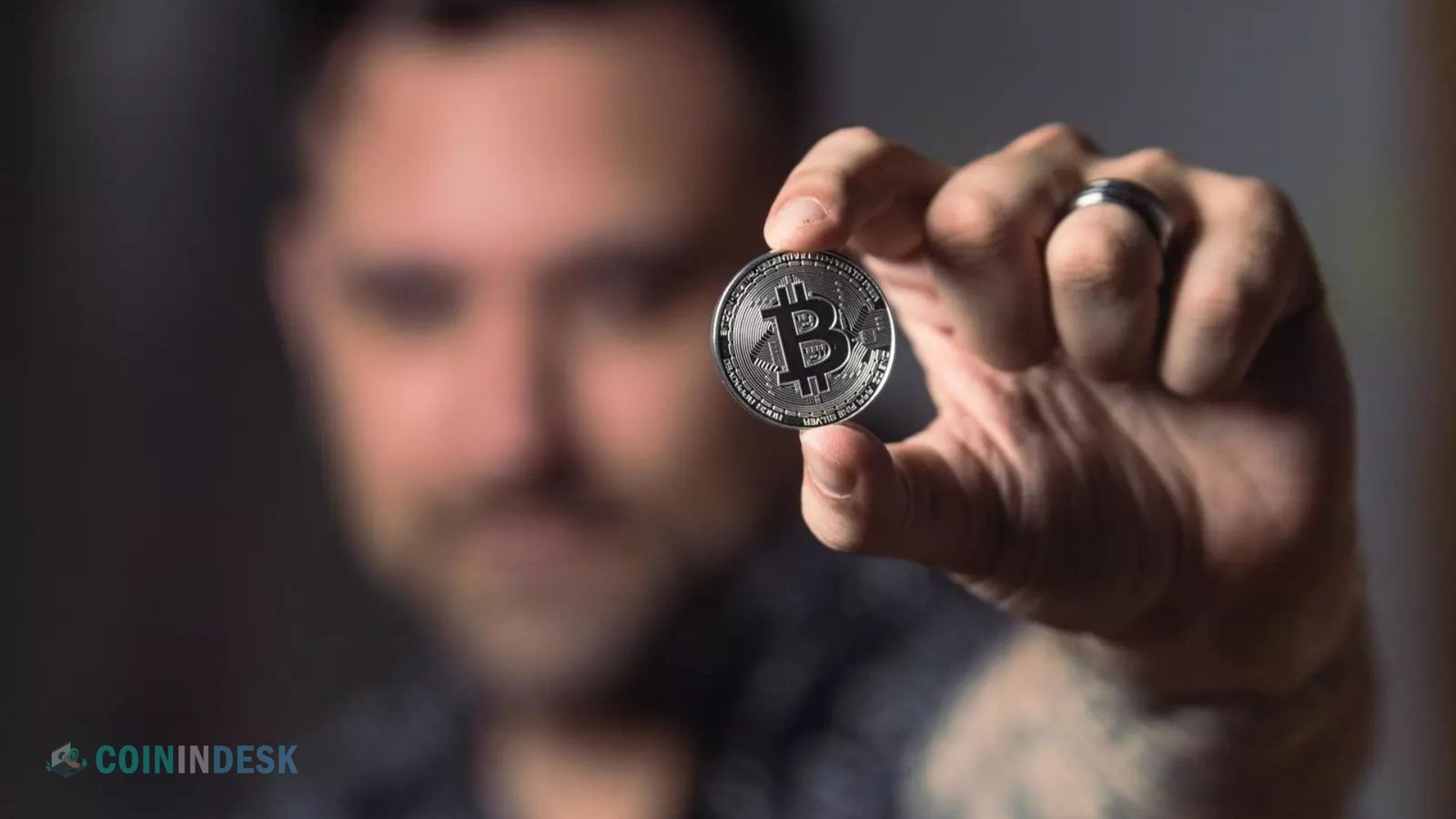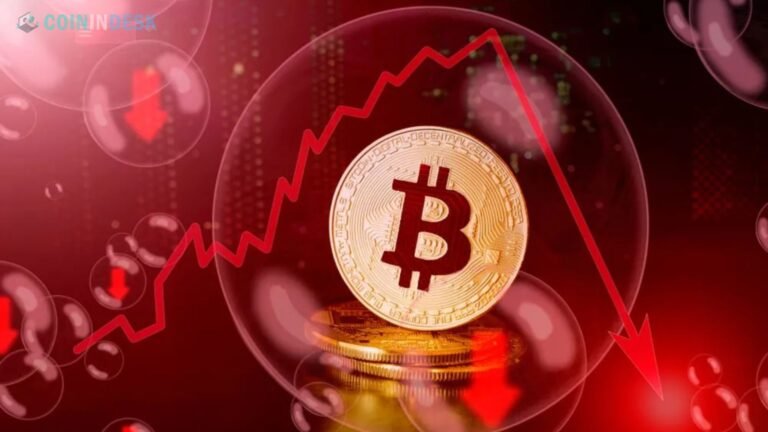As the regulatory environment around the world starts to get tighter, the price of Bitcoin—the dominant cryptocurrency—has risen sharply. Investors are responding unusually to growing fears of a regulatory assault on digital currencies. Others view the impending regulations as a chance to cash in on Bitcoin’s potential before the ban is implemented, while others are afraid of them. All of these factors are working together to drive up the Bitcoin Prices, which has many people wondering what the future holds for the cryptocurrency sector.
The Surge in Bitcoin Prices
The price of Bitcoin has skyrocketed in recent months, reaching levels that many market watchers had written off as impossible given the state of the market. The price of Bitcoin has soared beyond $50,000 as of late November 2024, a level not witnessed since the previous market boom in 2021. Everyone from news outlets to financial gurus is curious about what’s causing this meteoric rise, which has garnered a lot of attention.
Among the many possible explanations for the recent surge in Bitcoin’s value, the increasing regulatory ambiguity surrounding cryptocurrencies is among the most salient. Investors are placing bets that new regulatory frameworks put in place by governments worldwide could lead to a rise in the value of cryptocurrencies like Bitcoin. Since Bitcoin is a decentralized asset, it is not directly affected by central banks; thus, some consider it as a way to protect themselves from inflation or the possible devaluation of fiat currencies.
Rising Regulatory Concerns
A major factor propelling Bitcoin’s price increase is the impending crackdown on cryptocurrencies by authorities worldwide. Governments, especially in the United States and Europe, are gearing up to impose more stringent rules on cryptocurrency exchanges, initial coin offerings (ICOs), and other crypto-related activities. The rising influence of digital assets poses a threat to traditional monetary systems; hence, various regulations are put in place to control them.
American regulatory bodies the SEC and the CFTC have been working overtime to tighten rules and laws. At the same time, the historic Markets in Crypto-Assets (MiCA) bill is nearing completion in the European Union. This bill will supposedly increase regulation of the cryptocurrency industry. Among Asian countries, China’s stance against cryptocurrency is unwavering, as the country’s mining and trading operations are subject to continuous crackdowns.
Numerous cryptocurrency investors continue to place their bets on Bitcoin’s long-term success, despite the impending regulations. Given the widespread adoption of digital currencies, their confidence in Bitcoin’s ability to resist regulatory scrutiny is crucial. Many think Bitcoin will adjust to new regulations and keep going up in value because of its decentralized nature, worldwide appeal, and increasing institutional interest.
Institutional Involvement and Adoption
The increasing participation of institutional investors is another element that has contributed to the price explosion of Bitcoin. Bitcoin has been more popular among large organizations and financial institutions in recent years. The announcement of investments in Bitcoin by companies like Tesla and MicroStrategy, as well as more conventional financial organizations like BlackRock, suggests a change in attitude towards digital currencies.
Demand for Bitcoin and its price is driven higher by institutional investors, who lend respectability and capital to the market. There has been a change in the market from retail speculators to more steady institutional capital as a result of the increased involvement of big investors. Bitcoin is gaining traction in the mainstream financial environment as a result of this shift from a specialized asset.
The introduction of Bitcoin futures markets and exchange-traded funds (ETFs) has further simplified institutional investment. To facilitate entry into the market for Bitcoin by conventional investors, these financial products provide exposure to the cryptocurrency without requiring direct ownership or management of the asset. This has led many to view Bitcoin as an asset class in its own right, similar to gold or oil, and the price of Bitcoin reflects this.
The Potential Risks of Bitcoin’s Price Surge
The rising value of Bitcoin could inspire optimism, but there are serious dangers to think about as well. To start, the Bitcoin market is in grave danger due to the impending regulatory onslaught. Crypto exchanges may be compelled to close their doors or incur expensive compliance costs if governments decide to place stringent regulations on them. If investors lose faith in Bitcoin because of this, its price might fall.
Furthermore, the fact that Bitcoin is still very volatile is worrisome. Although Bitcoin’s value has been rising recently, investors seeking stability should be wary of the commodity due to its history of severe price swings. As an example, Bitcoin’s price has gone through severe corrections in past market cycles, frequently losing a lot of value in a short period. We don’t know how Bitcoin will react to a regulatory climate that is tightening, even though it has recovered from similar drops in the past.
The ecological consequences of Bitcoin mining are another matter of worry. Mining operations, which validate Bitcoin transactions using enormous amounts of electricity, are becoming more popular as the price of Bitcoin climbs. The carbon footprint of Bitcoin mining has been a source of concern for environmental campaigners, and this matter may face further governmental investigation down the road.
Read More: Bitcoin Up Reviews: Bitcoin Trading Software and Profit Potential
What Lies Ahead for Bitcoin?
With policymakers putting more and more pressure on the cryptocurrency sector, Bitcoin’s future is unclear. It is evident, however, that institutional interest, increasing mainstream use, and the expectation of regulatory clarity are all contributing to Bitcoin’s soaring price. Depending on the changes in worldwide regulations, these variables might either keep pushing Bitcoin’s price higher or cause a market correction.
The recent price increase of Bitcoin provides an exciting preview of the future of the cryptocurrency. Nevertheless, investors should exercise caution because, in the next months, regulatory tightening may bring about both possibilities and threats. Time will reveal which of the two forces—adoption or regulation—will prevail in the years to come for Bitcoin.
Conclusion
The impending government crackdown caused Bitcoin’s price to jump, illustrating the growing complexity of the cryptocurrency business. The impending regulatory hurdles may cause a bumpy road ahead, even if many investors are hopeful about Bitcoin’s long-term prospects. How well Bitcoin adjusts to and prospers in a highly regulated environment will dictate its fate as governments keep introducing more regulations. At this point, Bitcoin is still an interesting and unpredictable asset, and its journey is far from finished.
[sp_easyaccordion id=”5744″]


